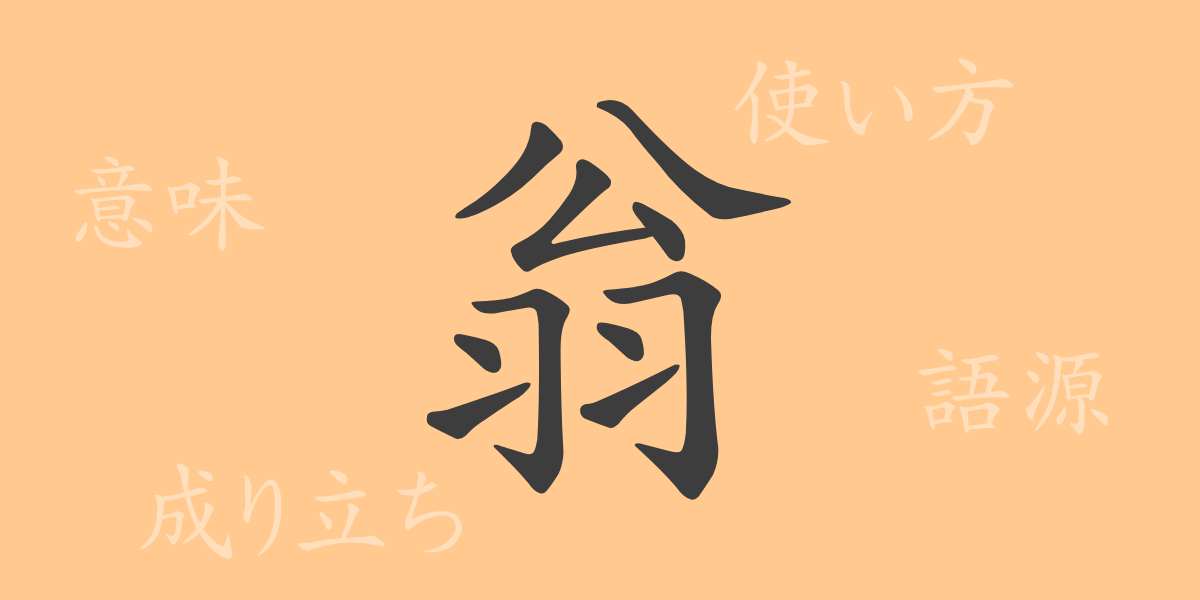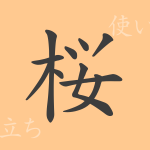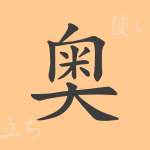“
Many kanji characters are deeply rooted in Japanese culture, and one of them is “”翁”” (Okina). This kanji is often used in special situations in the lives of Japanese people, and its old-fashioned sound evokes a sense of Japanese tradition and history. In this article, we will focus on “”翁”” (おきな, okina) and delve into its origin, meaning, usage, and even idioms and proverbs. Why not join us in exploring the world of “”翁”” (Okina), which symbolizes the beauty of the Japanese language?
The Origin (Etymology) of 翁 (Okina)
The kanji “”翁”” (Okina) was transmitted from ancient China and was used in the past as a word referring to wise men, elderly men, and especially respected old people. In terms of etymology, it is said to originate from ancient Chinese pictographs and represents a person holding feathers. This is thought to embody the dignity and authority of elders.
The Meaning and Usage of 翁 (Okina)
The kanji “”翁”” (Okina) is often used to respectfully refer to elderly men. It is particularly used to affectionately refer to old people or in traditional performing arts such as the “”翁舞”” (Okina mai) in Noh theater, where it is used to portray respected elderly characters. Metaphorically, it can also be used to refer to people who are considered to have wisdom accumulated through long experience.
Reading, Stroke Count, and Radical of 翁 (Okina)
The kanji “”翁”” (Okina) has several readings, but the most common is to read it as “”おきな”” (Okina). It can also be read as “”おう”” (ō) in on’yomi.
- Reading: On’yomi – おう (ō), Kun’yomi – おきな (Okina)
- Stroke Count: 10 strokes
- Radical: 羽 (Hanehen, feather radical)
Idioms, Phrases, and Proverbs Using 翁 ( Okina) and Their Meanings
Idioms, phrases, and proverbs containing “”翁”” (Okina) reflect the sense of respect and traditional background associated with it. For example, the idiom “”老翁心”” (Rōōshin) means a cautious and calm mind like that of an old person. The phrase “”翁を尊ぶ”” (Okina wo tōtobu) expresses the culture of respecting elders. In proverbs, the teaching that one should listen to the words of elders is conveyed in forms such as “”翁の言うことを聞け”” (Okina no iu koto wo kike).
Summary of 翁 (Okina)
As we have seen, “”翁”” (Okina) has a deeper meaning than just a kanji character. It has played an important role in Japanese tradition and culture and has been used as a symbol of respect and admiration. Although its frequency of use has decreased in modern times, the presence of “”翁”” (Okina) in the Japanese language is a cultural heritage that should be cherished and passed down for generations to come.
“

























